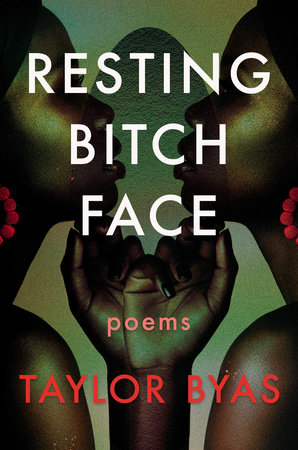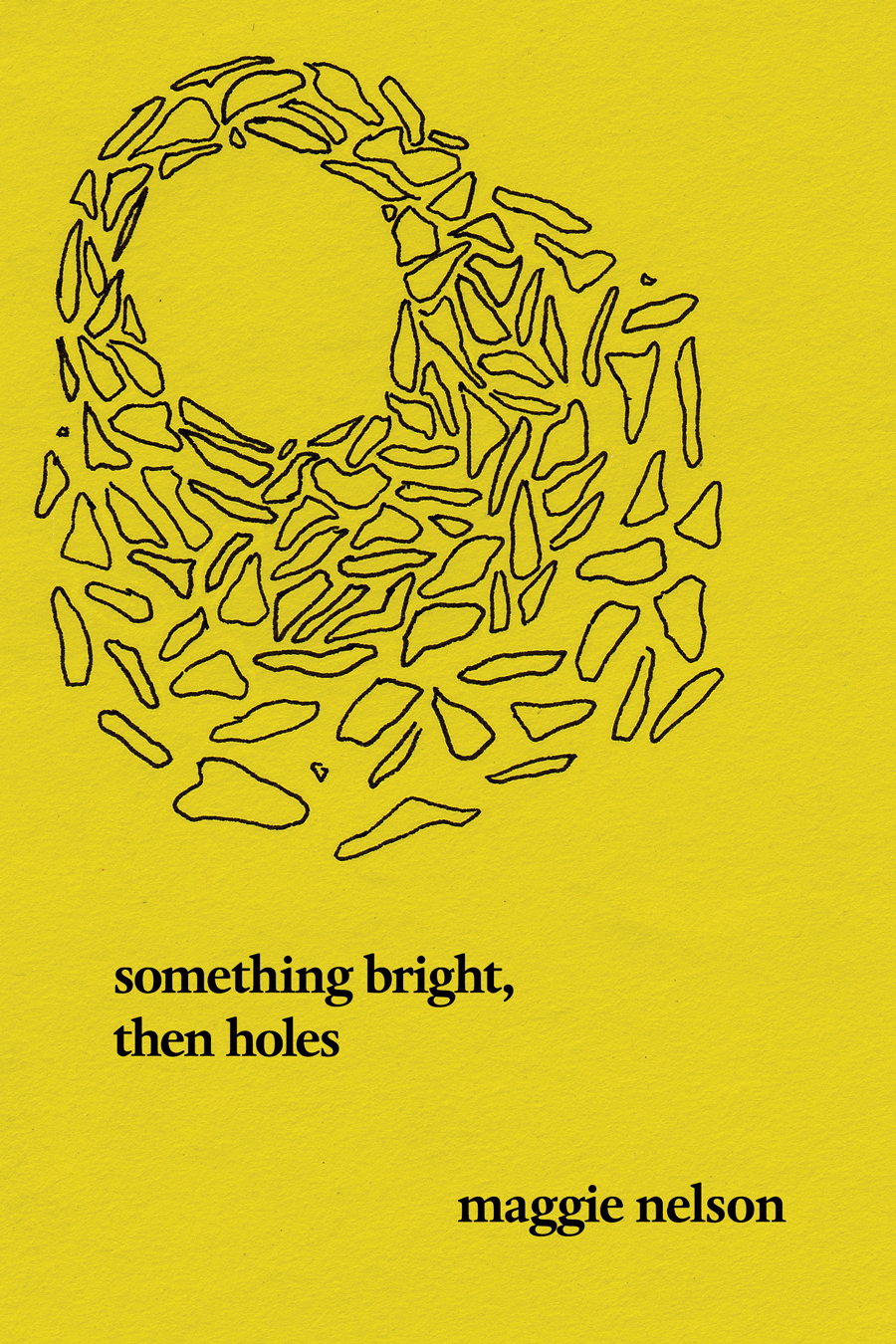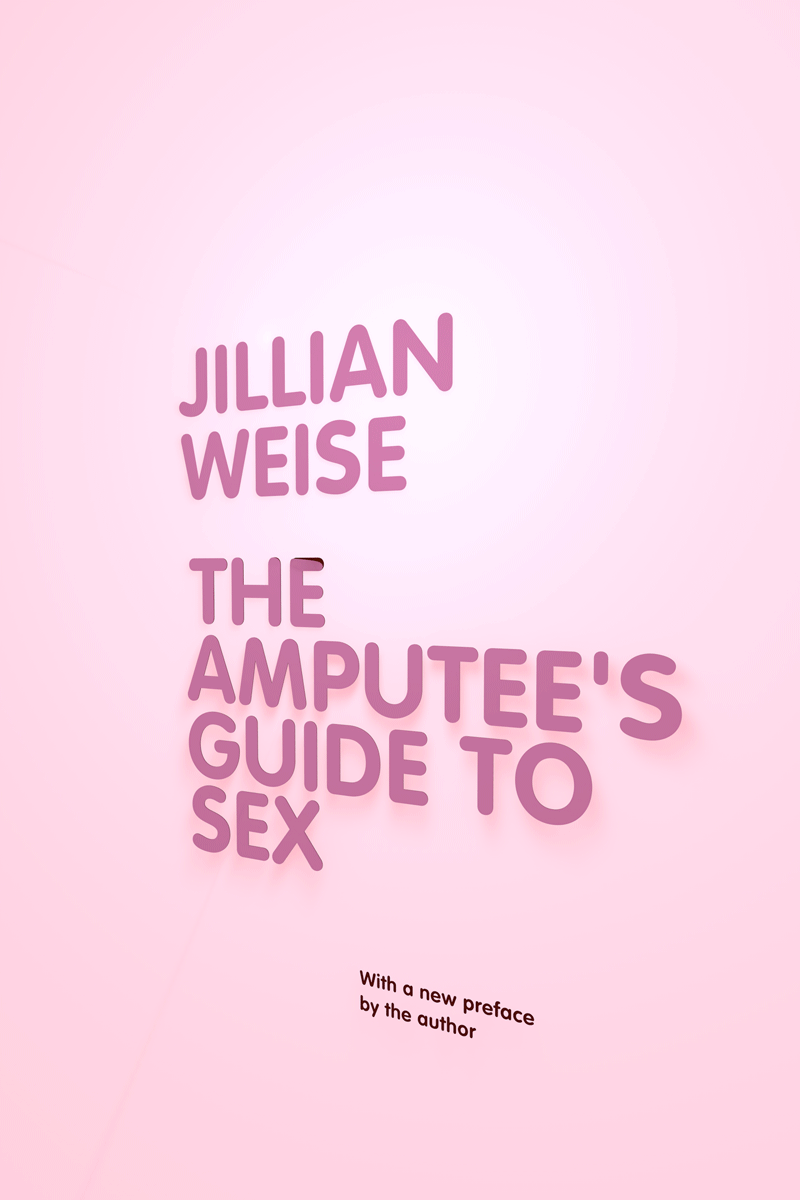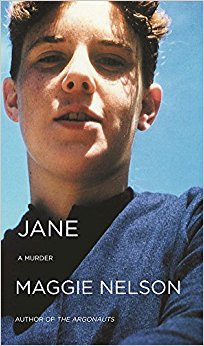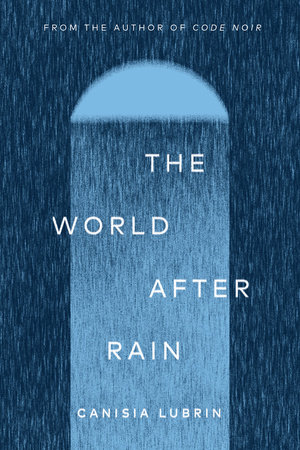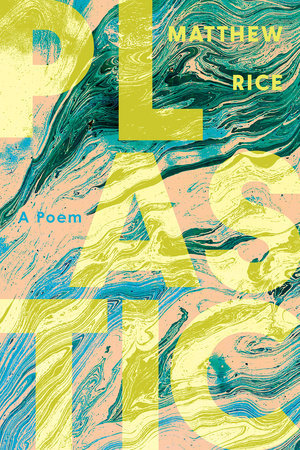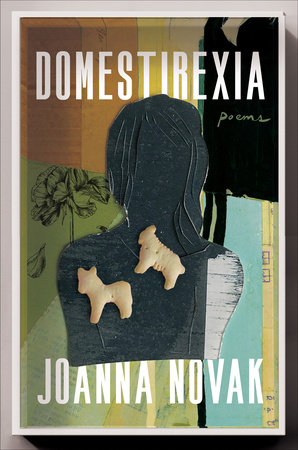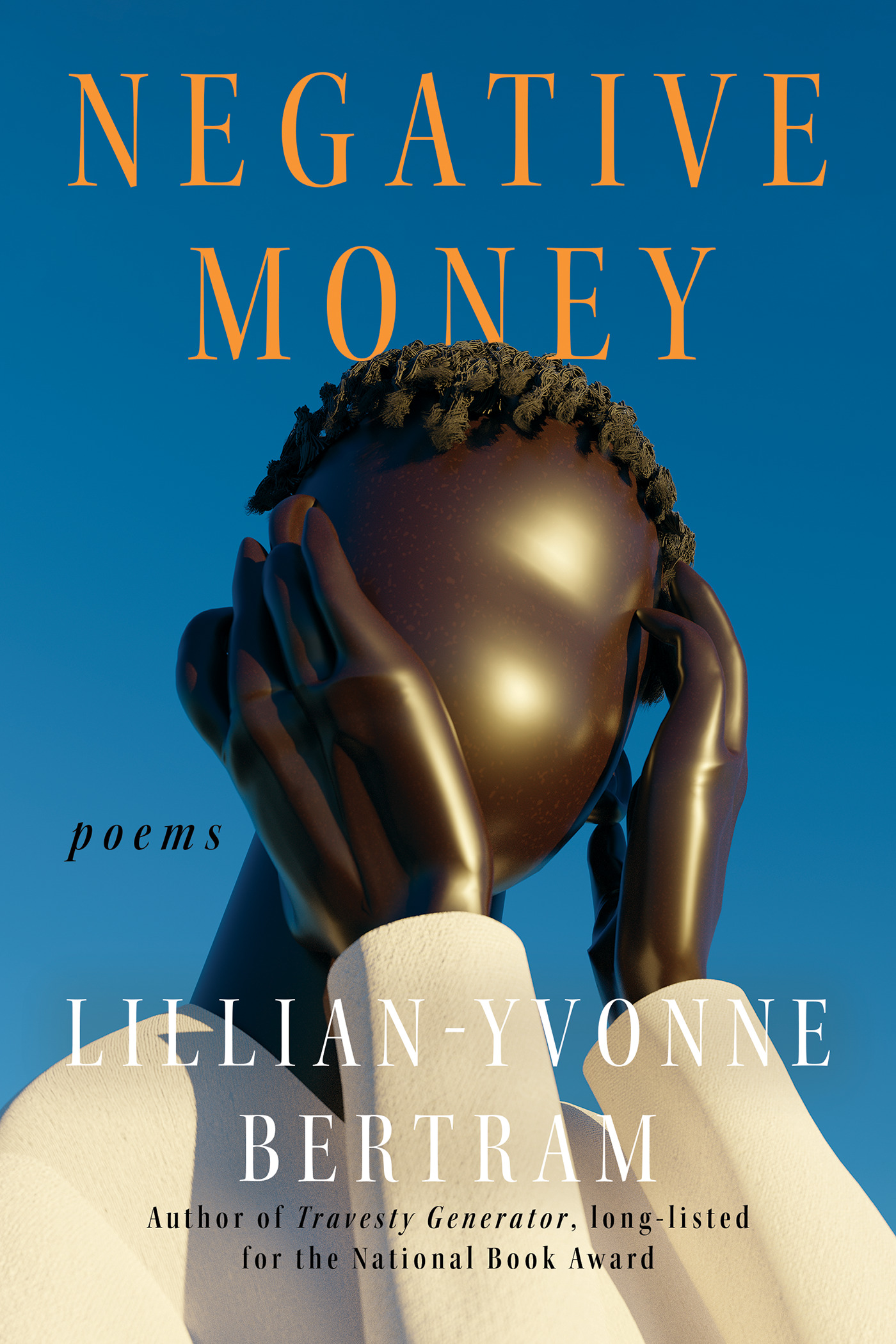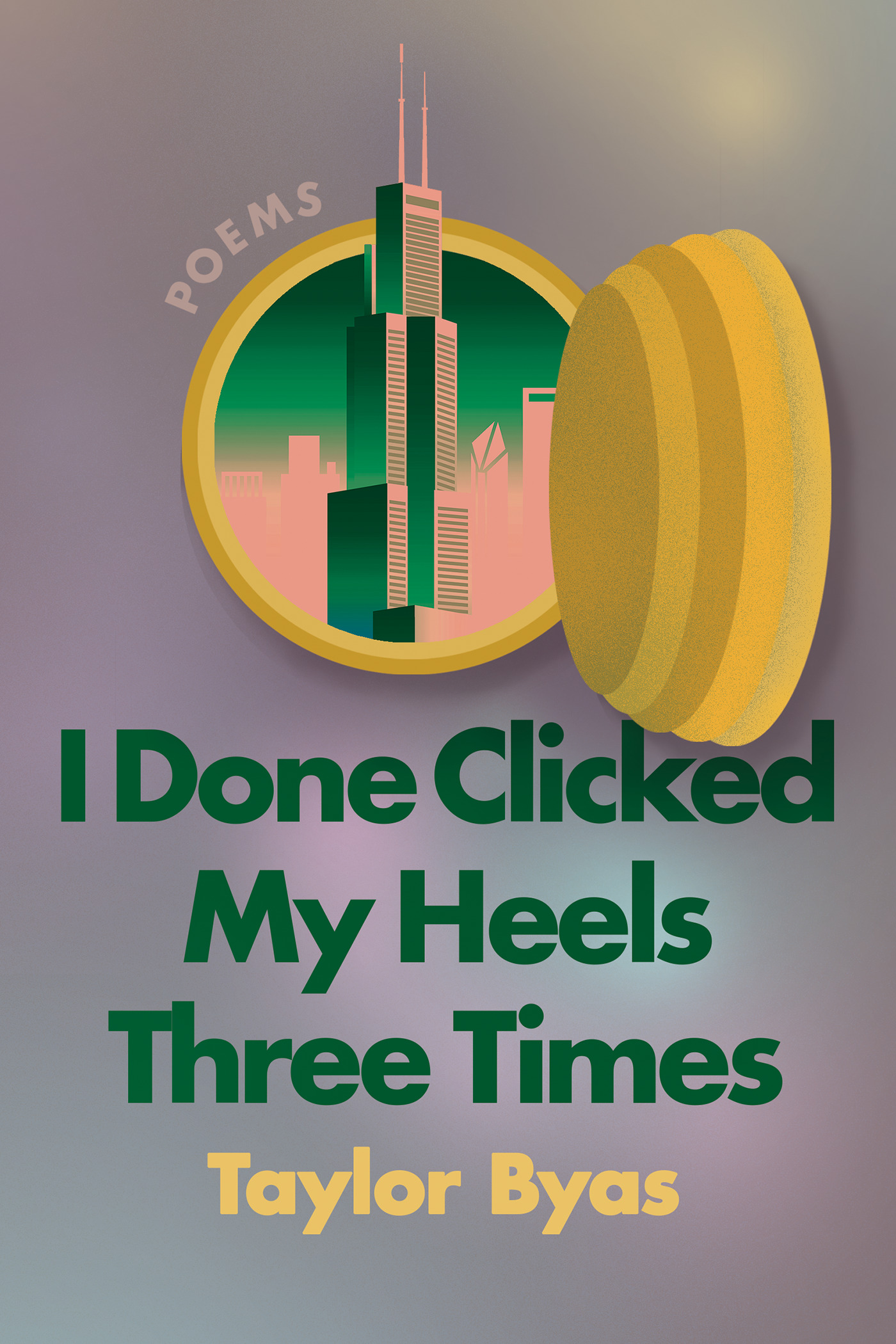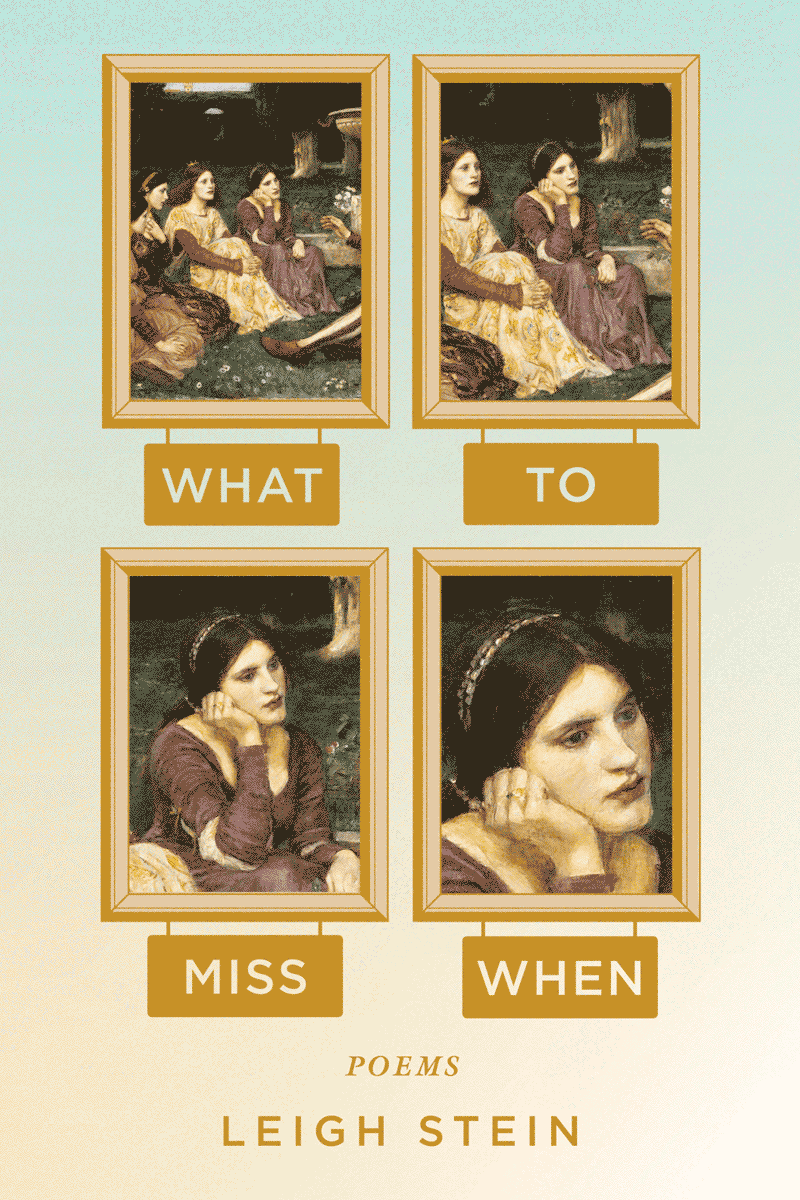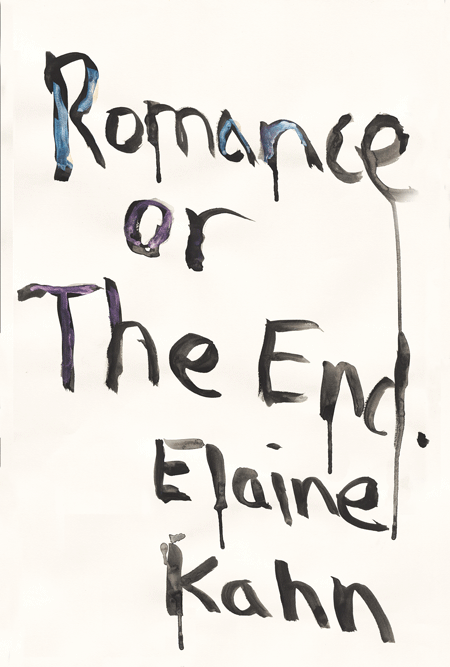
Book Description
“This book takes me right back to the Carnage Years―yours, too―sacrificed to love. If only I, you, had possessed Elaine Kahn’s wisdom and wit. These poems are lacerating, coy, bloody, and so true I wanted to memorize lines from them.” ―Rachel Kushner, author of The Mars Room and The Flamethrowers
Romance or The End takes up the tools of romantic narrative in order to perform the rupture between self and story that occurs at the onset of trauma. Using known and pathologized literary arcs, Elaine Kahn unspools the fundamental instability of truth, love, and language to create an experiential portrait of narrative’s power to both disfigure and restore.
ROMANCE or THE END
This is a book about love.
And it is a book about lies.
Love can be a lie, but it is also always true.
This is a book about truth.
This is a book about story.
There is no such thing as a true story and so there are no stories in this book.
Without a story, there is separation.
This is a book about separation.
Everything is a story. Even the truth.
There is nothing truer in this world than the lie of love.
Praise For This Book
Praise for Romance or The End
Popsugar, 1 of 25 Brilliant Books Coming Out This Month
"This book is crazy and wonderful like a basket full of snakes." --Eileen Myles, author of Evolution and Cool For You
"This book takes me right back to the Carnage Years--yours, too--sacrificed to love. If only I, you, had possessed Elaine Kahn's wisdom and wit. These poems are lacerating, coy, bloody, and so true I wanted to memorize lines from them." --Rachel Kushner, author of The Mars Room and The Flamethrowers
"There aren't 'good guys' and 'bad guys' in Kahn's game of love, only flawed humans who make mistakes even when trying their best not to. The book plunders traditional love story tropes to offer a more authentic, and sometimes more cynical, counternarrative. Arranged into eight chapters, plus an introduction and an epilogue, the deceptively simple love story arc becomes a vehicle by which Kahn examines the complexities of contemporary relationships, gendered power dynamics, sexual violence, and recovery. How to reconcile desire in the wake of trauma is a central theme, reflecting Kahn's interest in complicating an experience that's too often framed as black-and-white." --Ruby Brunton, Poetry
"Kahn pushes against fuzzy cliché . . . Romance in Kahn's poems can be singular, tactile, inanimate . . . There is a nothingness, an oblivion, running through this book, one as bleak as it is hopeful, as forbidding as it is liberating. There is darkness, for sure, but also humor and light, relaying of the mysterious truth and necessity of the fictions we tell each other and ourselves." --Rob Goyanes, BOMB
"Kahn's lines are so sharp they threaten to cut you, as brutal as a knife held against your throat . . . Romance or The End doesn't hold anything back." --Kerry Cardoza, Chicago Reader
"Kahn's second book of poetry belongs in the heartbreak canon with Maggie Nelson's Bluets (2009) or Anne Carson's The Glass Essay (1995). Her fragments--expertly stitched into verse--are spare and unsparing. I return to Kahn's poetry again and again for its specificity of language, which cuts across life's stickiest delusions to reveal a burning core." --Ana Cecilia Alvarez, Frieze
"Elaine Kahn's Romance or The End is a river of hot concrete: you flow with it erotically because it flows. Her words follow you around like windshield wipers or dried flowers in a jar and hold you captive by letting you go. She turns you into a sweetheart in the middle of the day and a credit card for romantic transactions at night. Her delivery is quick, but not hurried. Time is on her side because she has turned poetry into a road that can't be bifurcated with prolixity. If she is swift, it's because it's impossible to get rich after a car accident. If she is inside your psychic c*nt, it's because she knows the difference between therapy and poetics." --Vi Khi Nao, author of Sheep Machine and Fish in Exile
"History tells us there is Love, and there is War. Not much is said about the tension between, where the narrative of Romance pulls itself razor thin in our struggle to reconcile the two. With the brusque candor of the intimate present, dripping the acid of fresh feeling, Elaine Kahn sets, in her poems, a blank, a space, a scene, in which to enshroud and unshroud herself with the mixed fantasy, trauma, and assumption produced when we yield, unwittingly, to Love. Like all nursery rhymes, her tale is truest when its simplicity disarms, its conclusion remains dark. We find Romance, pinned down, with its skin peeled back--and Kahn is its God, whose weapon is levity, sharp between her teeth." --Trisha Low, author of Socialist Realism and The Compleat Purge
"Not since Satan has anybody's 'little tongue' given head this good in language. Not just head and godhead, Romance or The End gives us tragically more than we deserve. It is even, like vengeance, and just, like nothing. Belief is hard, but there is no way not to believe Elaine Kahn, who is surely the solid origin of everything worth wanting or keeping, including what's 'nourished / by its own disgrace.' Dare get risked and hunted unendingly by this work, and it'll make your 'heart wet' too, I swear." --Jane Gregory, author of Yeah No and My Enemies
"Situated close enough to the 'American Religion of Loneliness' to despise it, Elaine Kahn's Romance or The End is a journey into the specific hells of love, separation, truth, and story. With heretical pleasure, Kahn attends to the erotic and the wretched, and when she finds herself in places that have been gutted by trauma, she endures, using language to test her surroundings like someone dropping a stone down a well. Ruthlessly observed, and rendered into lines of equally exquisite musicality and physicality, each poem acts as 'a merciful blade / into the center of pain / the delta of what feels dull.' Reading Romance or The End is a clarifying experience, one that eschews both endings and romance for something more vital and more rare--it 'makes you feel afraid and love to be alive.'" --Bridget Talone, author of The Soft Life
"With laser precision and an almost seventeenth-century ear for melody, Romance or The End is a frank, strange, and often hilarious autopsy of eros. The art of Elaine Kahn is not cool at all. It is very, very hot." --Ariana Reines, author of A Sand Book and Mercury
Praise for Elaine Kahn
"Elaine Kahn's poems touch me somewhere deep. I don't know how or why, but I'm willing to go wherever she wants to take me."--Kim Gordon
"Elaine Kahn shoots from the groin, championing a ferociousness that rages against asperity while playfully seducing the reader to misbehave. Hers is a realm where oceans beat against genitals, and Hannah Wilke warms the earth."--Dodie Bellamy
"Elaine's poetry blends colloquial tongue-action and rigorous academic formalism better than anyone I've ever read. There may be some similarities to Clark Coolidge at times, but she is definitely her own...uh... 'man.' She resolves contradictions inside her work with a clarity that feels far more effortless than it must actually be. And it provides a sort of Dionysian pleasure that should be negated by its clearly Apollonian form roots."--Byron Coley
"Kahn's poems are strategic attacks against mythic fictions like selfhood, gender, even the universal acceptance of scientific knowledge. But to characterize Kahn's poetics as invested in 'truth' would fail to highlight its multivalent relation to language as something that both delimits perception and serves as a vehicle of power."--Jeffrey Grunthaner, Hyperallergic
"[L]ike one of God's tiny miracles."--Ben Mirov and Amy Lawless, Best American Poetry
Praise for Women in Public
"Kahn's precise and attentive debut full-length collection probes at notions of femininity with a sharp dagger, her terse but assertive stanzas carrying an understated conviction. 'Listen, I'm not political, I am distracted, ' she proclaims, though her focused language will convince readers of her intelligence and savvy." --Publishers Weekly
"You can read this amazing book of poetry over the course of just one substantial subway ride. It has squishy imagery and also really good metaphors to make you feel things. 'A Voluptuous Dream During An Eclipse' is probably our favorite, but we love every single one of these poems."--The Fader
"With Elaine Kahn's Women in Public in my back pocket, I am wondering how is it that anyone could ever identify with anything other than the abject, and how did the image of the poet ever become synonymous with that of a dandy? 'Do you think that you are greater than a mom?' Elaine Kahn writes later in the same poem, and then, later still: 'Life has its good points / And the fat, white thigh-bones / of a tourist.'"--Bookslut
"'Do you think that you are greater than a mom?' This is an intensely honest, honestly intense poetry. Humorous, carnal, accusatory, celebratory--Women in Public tells me to get lost so I do. When I find myself later, I'm re-reading Women in Public."--Rod Smith
"Kahn's poems don't end on the page. The ideas bleed from poem to poem, constructing a venous universe surging with the complexity of meaning making and the numerous contradictions so often forced upon the gendered human form ... Kahn packs her poems with a density as complex as the systems regulating the human body itself. However, where there could be claustrophobia, Kahn creates an opening, a portal for new meanings and definitions."--Entropy Magazine
"A Celine Dion song comes on the radio at the salon. It reaches the chorus and every woman mouths the words together. 'Another one and another one.' Elaine is DJ Khaled. It is all of us in capitalism repeating everything over and over because our only commitment is to repeat until Elaine breaks it, 'If I could break/ the hymen of his ear with/ I can't stand you.'"--Laura Warman, Cosmonauts Avenue
"Elaine Kahn's debut full-length poetry collection, Women in Public, explores the odd continuity between motherhood, blow-up dolls, lack, and love, asking the question: 'What does the world hate more / than women / in public.' The poems read as attempts to capture the contradictory nature of the feminine--to live on the edge of being, both subject and object, consumer and consumed. In this attempt, Kahn navigates the distance between the McRib and the abject with a dark eroticism. She wields metaphors, or more so, absences, in ways that leave you feeling as if you're falling into them. These are poems about to unravel."--Small Press Distribution
"[Women in Public] as a whole functions as a grotesque carnival of embodiment, and our speaker's performance a type of poignantly raunchy clowning, an intentionally obnoxious and uncomfortable striptease aimed at the gaze itself. ... Kahn's collection is more than simply a retaliation to society's ogling of the female in public. It is also an inquiry into the self situated within a Plathean lineage of women's identity poetry, and it is this inquiry that peers at turns through our speaker's sardonic tomfoolery, reminding us just how not-simple the issue is. Inasmuch as our speaker's vulgar clowning seems a sarcastic play off the confessional, her bites are shot through with a real vulnerability..."―OmniVerse
"Kahn's poems . . . bend and contort between seduction and repulsion. . . . Women in Public is composed 'in the gentlest font of sick, ' and from the compost heap of her poems of burnt hair, jerking off at night, car impound lots, and fuzzy green Jesus pictures grows a self in all its rich capacity."--Carleen Tibbetts, American Microreviews & Interviews
"Beyond merely subverting traditional gender roles, Kahn's mostly female speakers confront our assumptions of what female agency and desire look like, asserting a breezy confidence. Many of the poems coalesce around Kahn's alternately witty and pull-no-punches voice, as well as her precise imagery. . . Kahn's ability to capture the raw materiality of a mood is, at its best, captivating."--Scout
Praise for A Voluptuous Dream During an Eclipse
"This is not the listless atemporality of the worldly and mundane -- 'like doing laundry all day long / he is being nowhere' she says in the titular poem -- but a conscious, creative and present force, where 'yesterday is gone' and Kahn's poetry is free to 'break / the hymen of his ear.'"--Dan HoyPraise for Customer
"Customer has an eye for truth when truth is the moment after you spit gum in someone's hair and realization that you did it because you want to be their friend; how an ocean 'spanks up' to your chest in the otherwise still of a perfect beach. The Customer sees the irrevocably fucked truths, and she candies them out like a clarity factory. . . Customer is arachnid and buttery, and her verbs make even the most ordinary scenarios grim and unsettling."--Ally Harris, diagram








